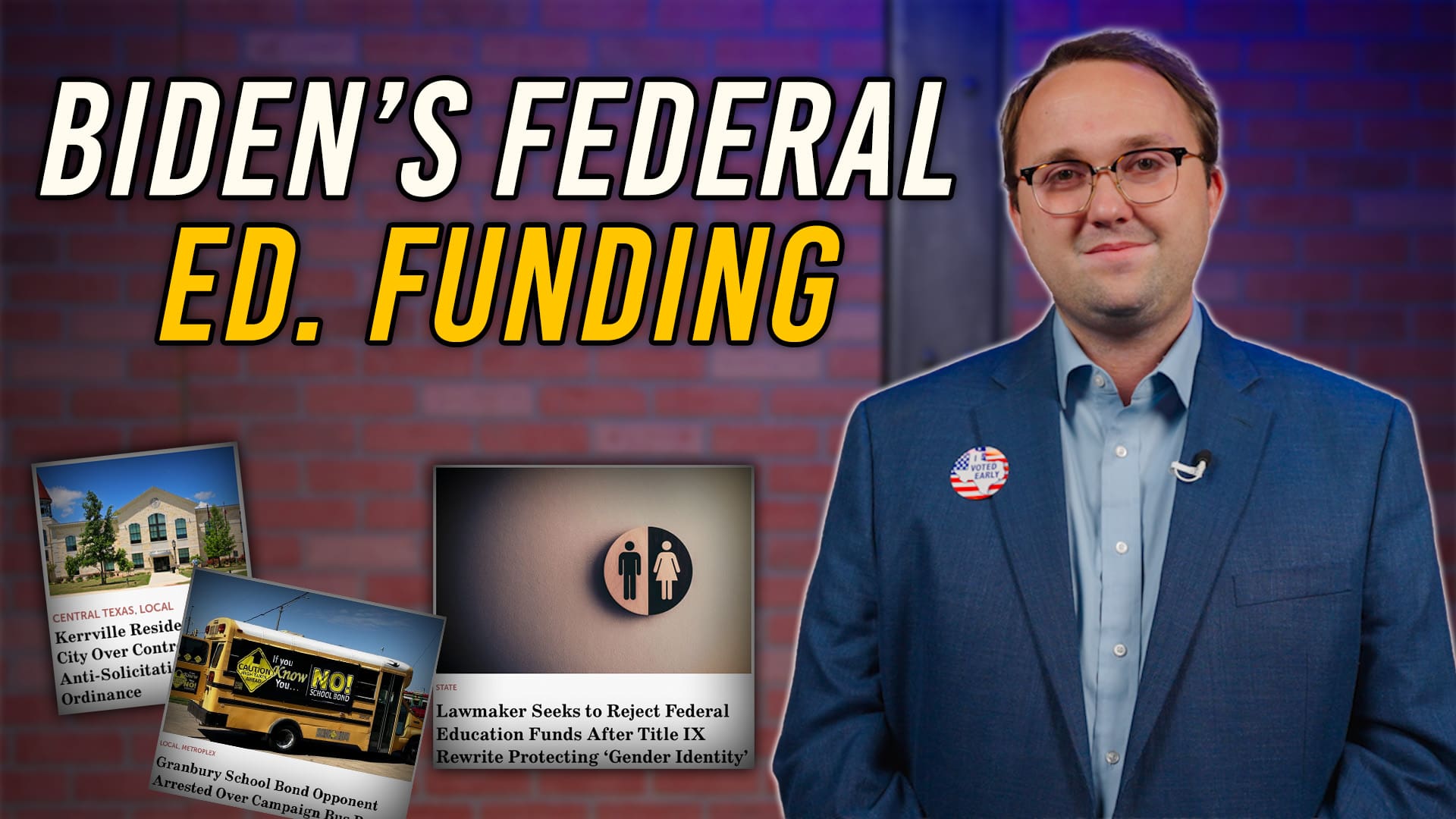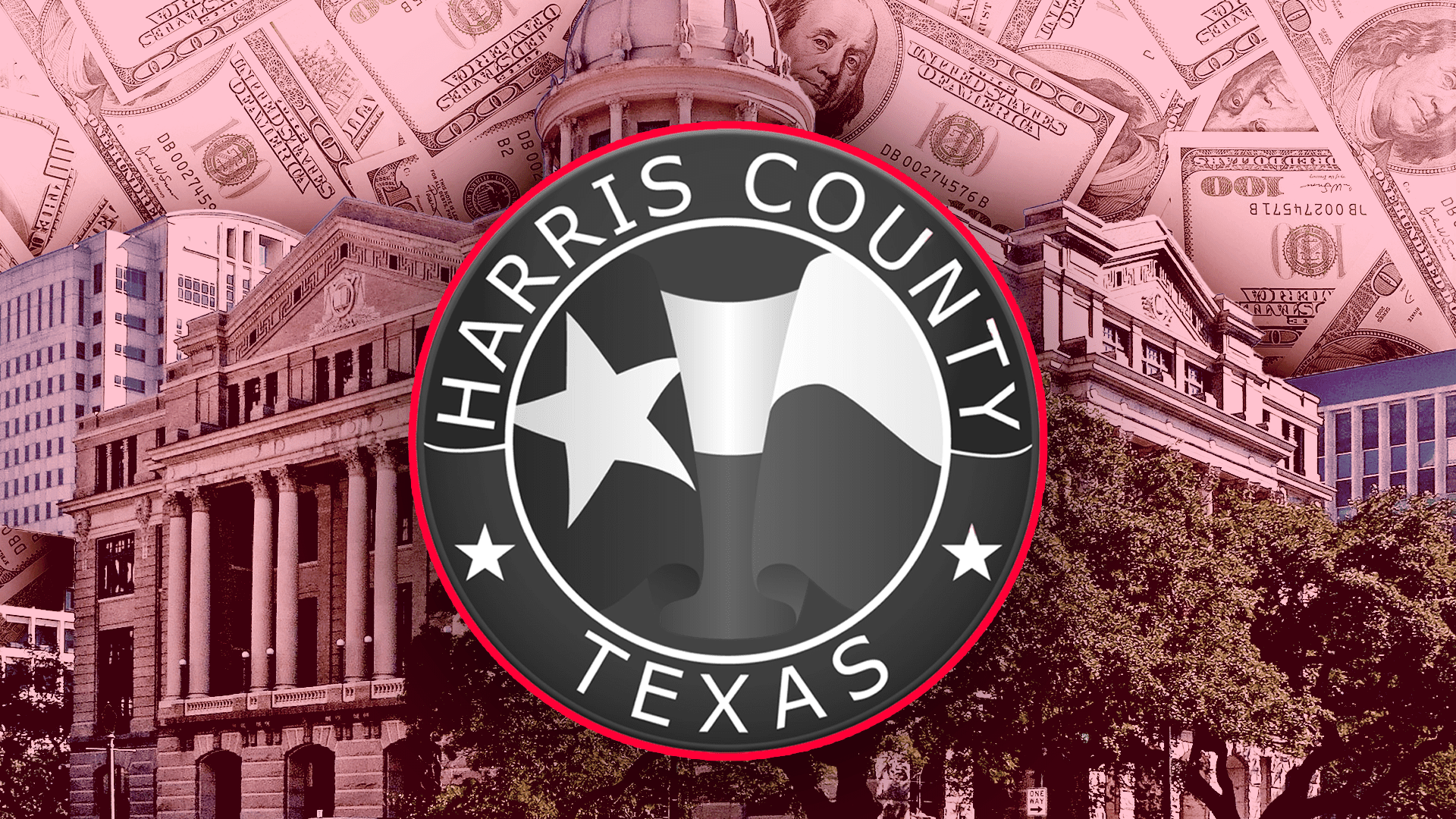The Texas Department of Transportation is suffering from a lack of hearing—public hearings that is. As of this writing, the Texas Transportation Commission (TTC) has approved approximately $272 million dollars in transit projects that will be funded without holding a public hearing required by state law – and none of that money from the Texas Mobility Fund (TMF) will be used to build, improve, or maintain public roadways.
At its June meeting, the governing board of TxDOT approved multi-million dollar sums of taxpayer money for the Austin Capital Metro, Dallas Area Rapid Transit (DART) system and San Antonio’s VIA Metro Transit agency.
At no point during these approvals has the agency held public meetings to receive input on the potential expenditures as required by law. The project expenditures listed above are additions to the agency’s 10-year planning document known as the Unified Transportations Program (UTP).
The UTP is annually approved and constantly updated by the commission. The plan is the “common thread” through the myriad of other TxDOT planning horizons and also serves as the preliminary stage of new project implementation for the department.
It is unclear why TxDOT has selected so many transit projects over other uses of finite agency resources—especially the construction, improvement, and maintenance of public, non-tolled roadways or congestion mitigation. As the agency seems to lack a clear, transparent, uniform, and publically accessible process and criteria for project selection, it appears that many of TxDOT’s funding decisions are made out of political favoritism.
Since the agency has yet to have a hearing on these wasteful transit boondoggles, the public will have no way to know why the projects were selected, nor will citizens have an opportunity for input on the projects individually.
These haphazard funding decisions have come from the same agency and commission that recently, unilaterally “forgave” a $55 million loan to the North East Texas Regional Mobility Authority for a new toll way, State Highway Loop 49. This move effectively bailed-out the sparsely-used toll project surrounding the East Texas town of Tyler.
It’s worth noting that a commissioner on the TTC, Jeff Austin, III served as a presiding officer for the North East Texas Regional Mobility Authority and on numerous other boards and commissions in his native Tyler. Could this have impacted this decision? Taxpayers might never know.
Despite a history of bailing-out failing toll roads, TxDOT isn’t slowing plans for new tolled roadways. Of the many projects considered by the TTC this year, a great many of them are to be tolled with or without the public’s input.
Fortunately, Texans will have the opportunity to provide their input on whether to supply a permanent funding stream to TxDOT from the state’s savings account—Proposition 1. In making their decision on Prop 1, citizens should examine the process (or lack thereof) for TxDOT expenditures. Recent TTC antics grant little confidence to an agency that is set to receive $20 billion of taxpayer money during the next legislative appropriations cycle.
Ultimately, more money won’t help TxDOT—a better process for project selection will. More funding with little transparency or accountability will simply make this problem worse and incentivize more bad decisions. Desperately needed sunlight will go a long way to end tone-deaf TxDOT’s lack of hearing(s).




